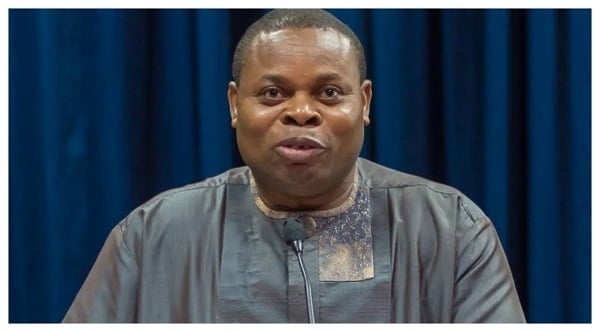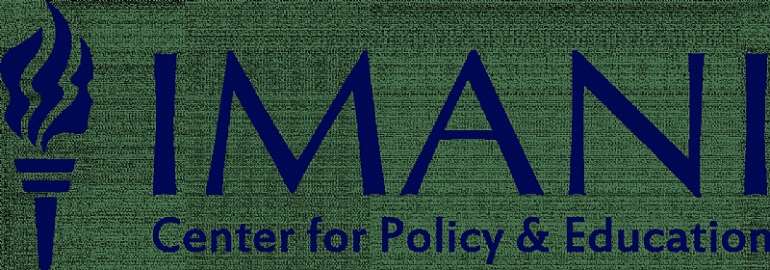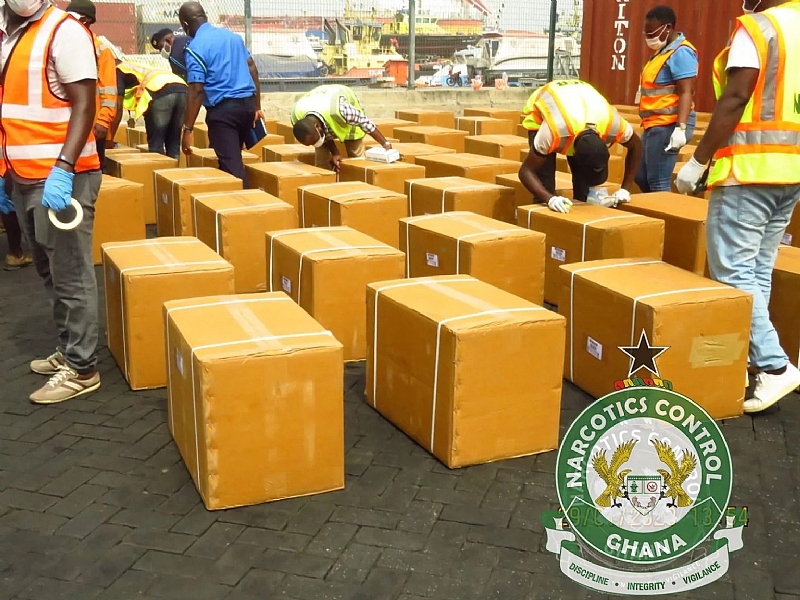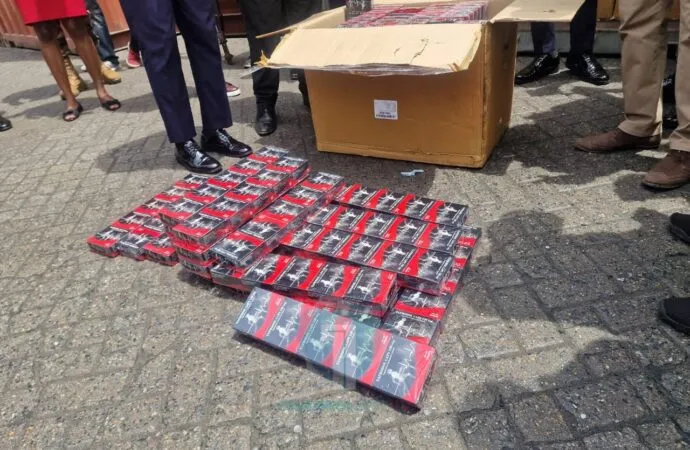Policy think tank IMANI Center for Policy and Education is preparing to release an explosive investigative report that exposes the inner workings of Ghana‘s spiraling opioid crisis.
This investigative report, IMANI says, promises to shake up the country’s approach to drug regulation and enforcement.
The article announcing the impending report cited by The High Street Journal described the exercise as data-driven and deeply insightful, following months of research by IMANI analysts using artificial intelligence, field intelligence, and collaboration with whistleblowers and government insiders.
Founding President of IMANI, Franklin Cudjoe, says the forthcoming report will build on the work already published by Bright Simons, IMANI’s Vice President, and provide the most comprehensive overview yet of how poisonous opioids are flooding Ghana.

Franklin Cudjoe
“We have reliable, verified intel, not rumours or speculation, on how substances like tafrodol, tapentadol, and high-dosage tramadol are entering the country in large quantities. These are drugs that pose serious neurological risks, especially to young people. On the streets, they go by names like “Tramo” and “Red.” But this is not a smuggling issue,” the founding president of IMANI recounted.
He added, “These substances are being shipped in legally and cleared at the port without resistance, almost as casually as importing candy.”
The report is expected to expose how Ghana is rapidly becoming a hotspot for dangerous opioid trafficking across West Africa, and how systemic failures in drug regulation and border control have worsened the crisis.

“What’s more troubling is that this open channel has become widely known. Individuals and groups from Nigeria, Niger, Burkina Faso, and beyond are now using Ghana as an easy access point. The system has been compromised. We can no longer afford to downplay this crisis, it is a ticking time bomb. Bright Simons has already provided a detailed breakdown of our preliminary findings. As for IMANI, we will be releasing our own report shortly, following detailed engagements with relevant agencies and stakeholders,” he added.

IMANI has called on civil society, health professionals, and policymakers to treat the situation as a national emergency, warning that the future of Ghana’s youth is at serious risk if swift and effective action is not taken.
-thehighstreetjournal.com


